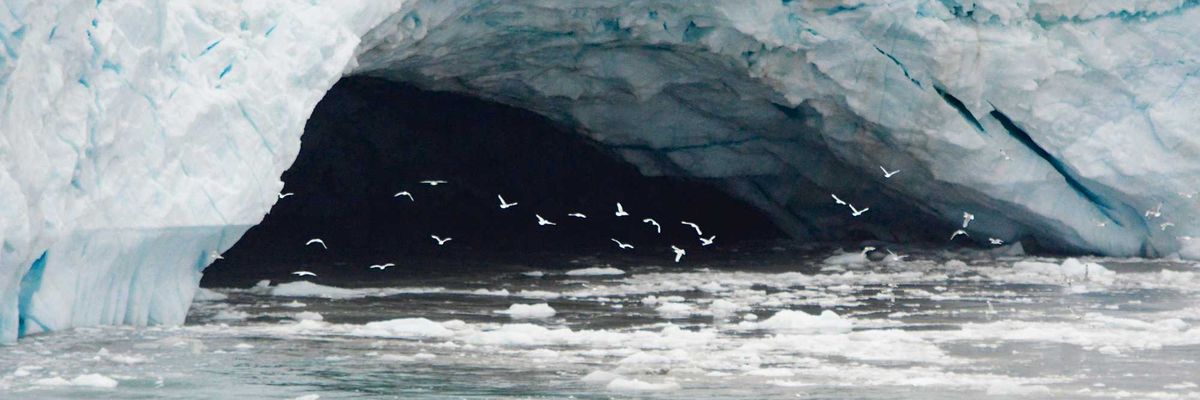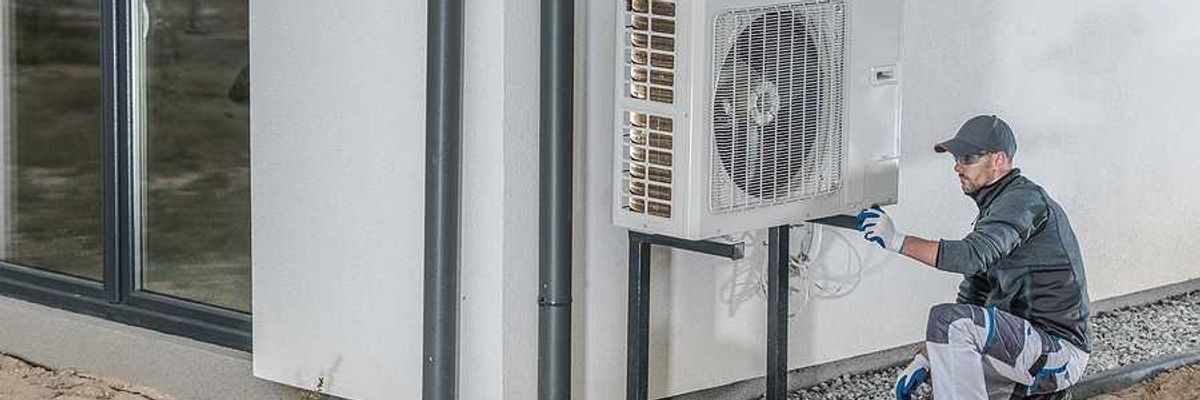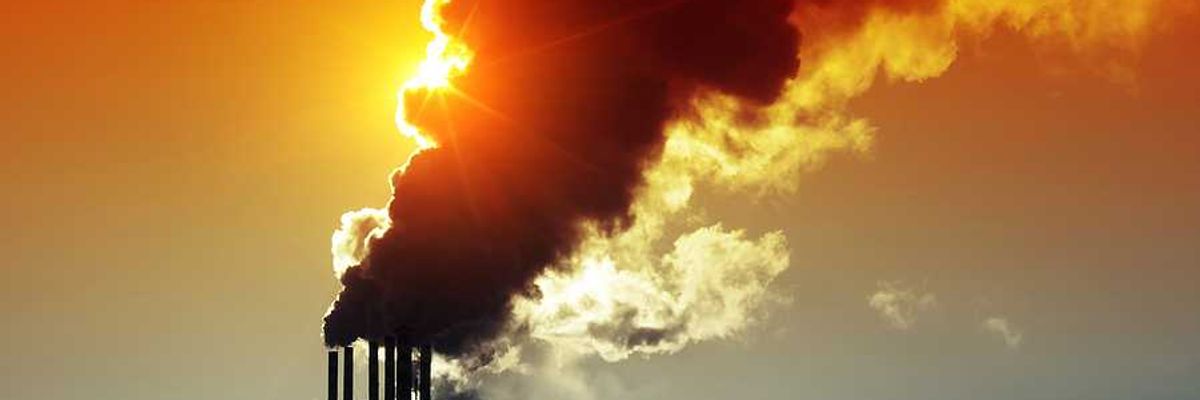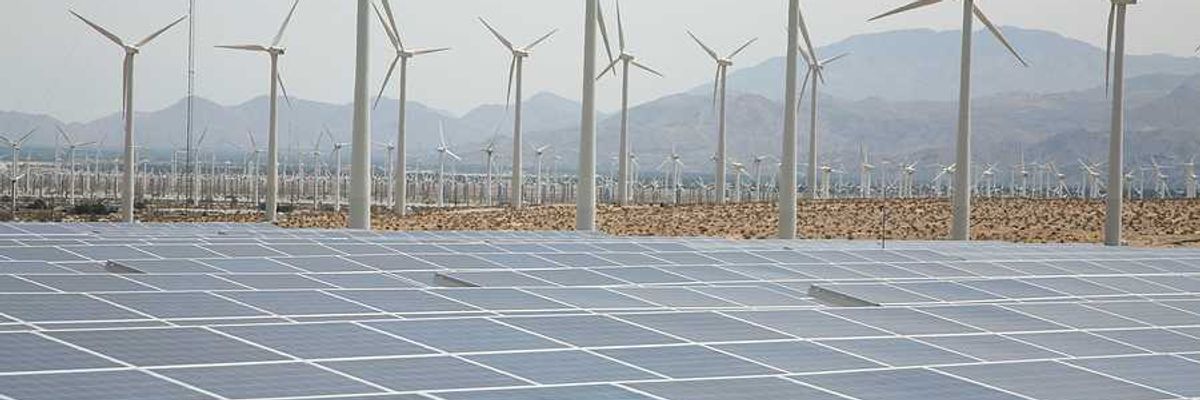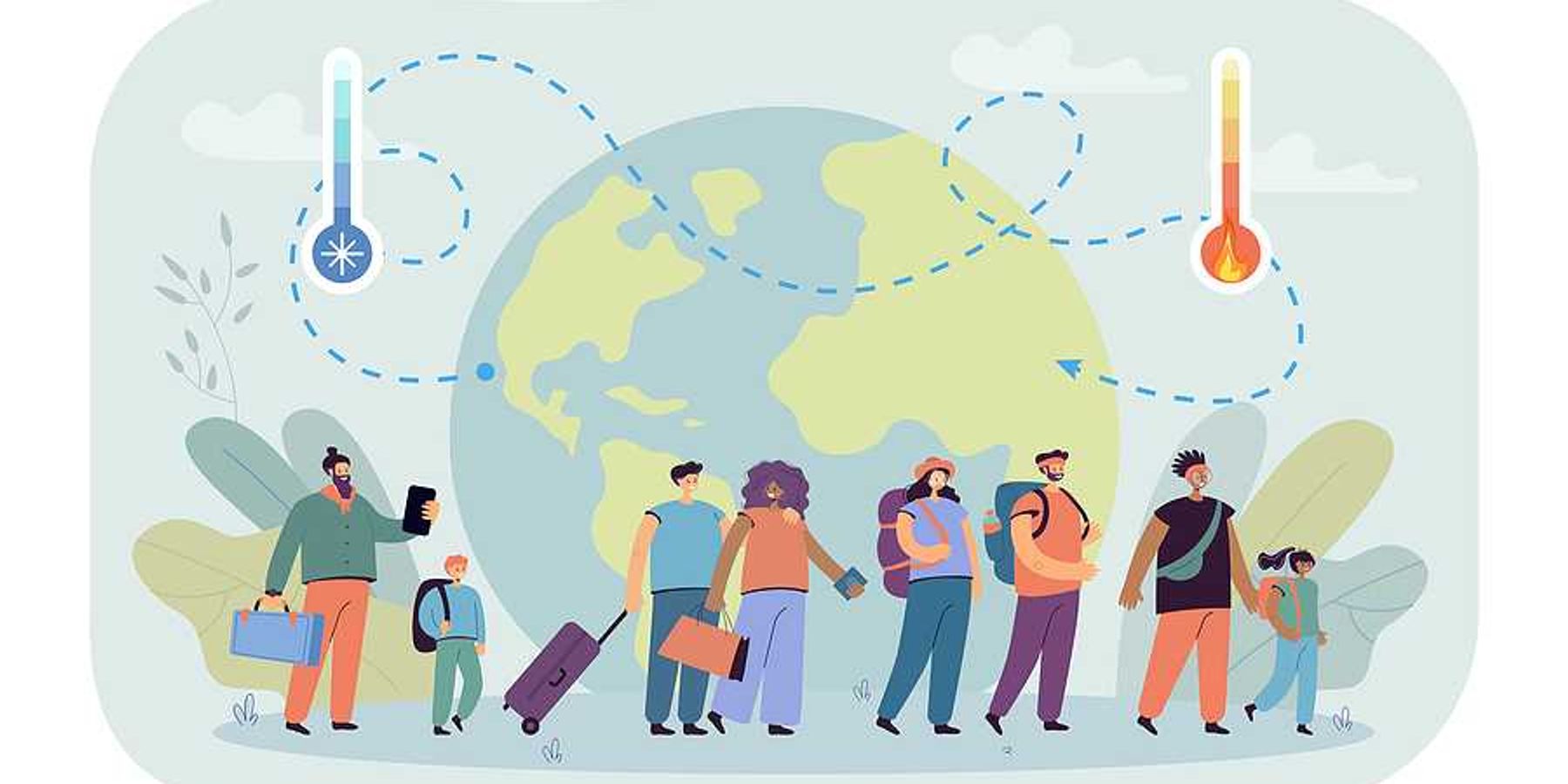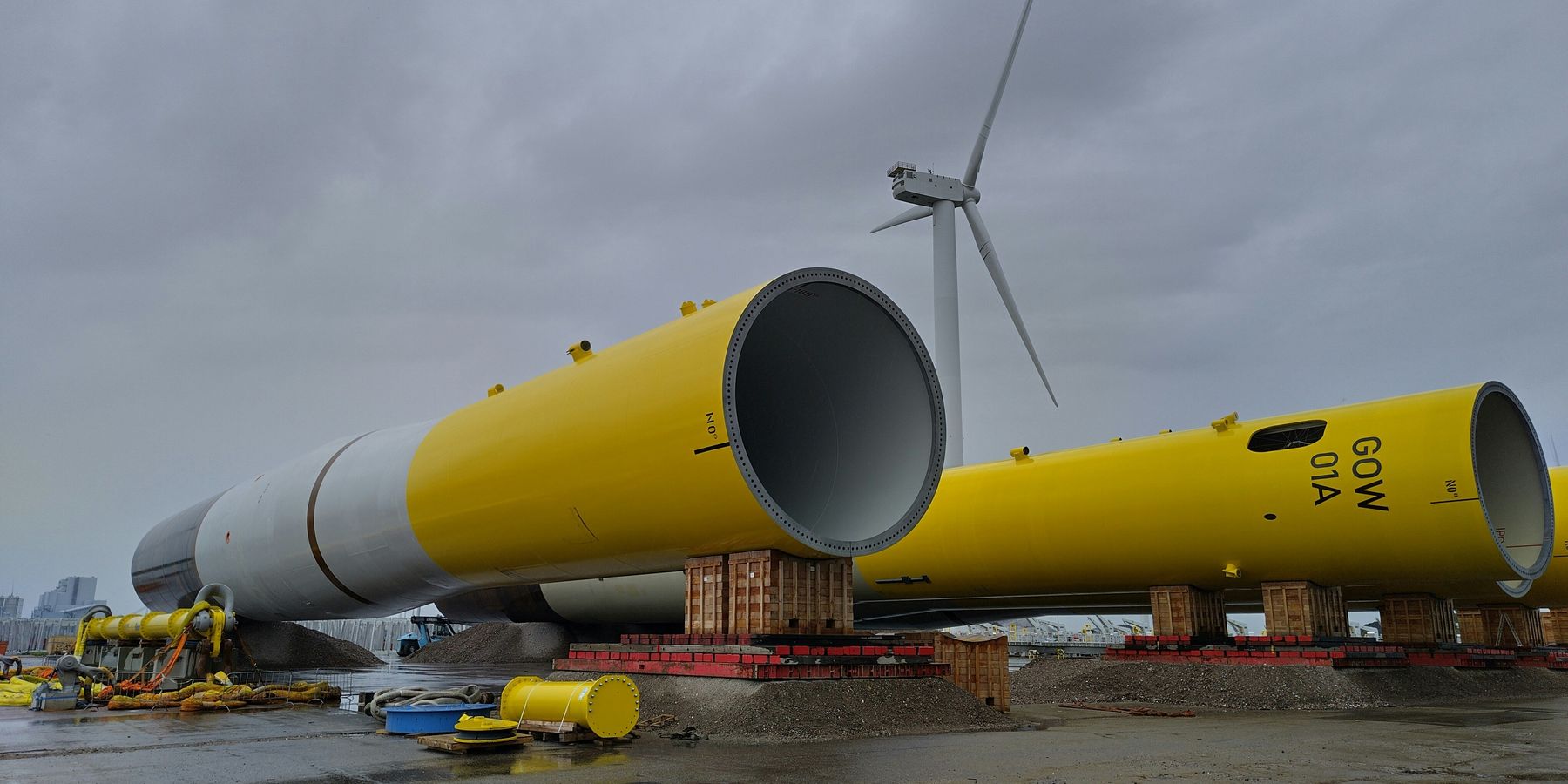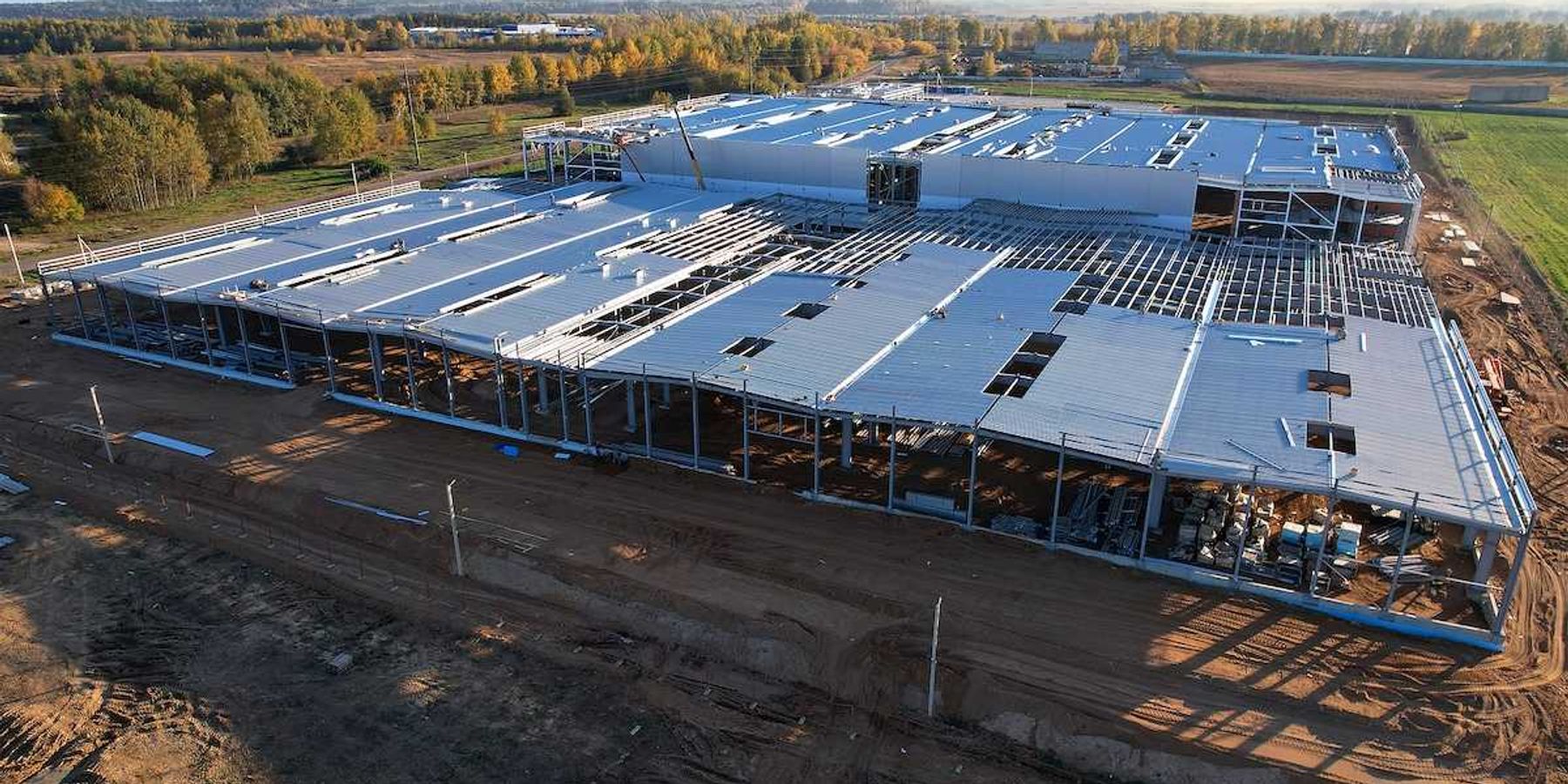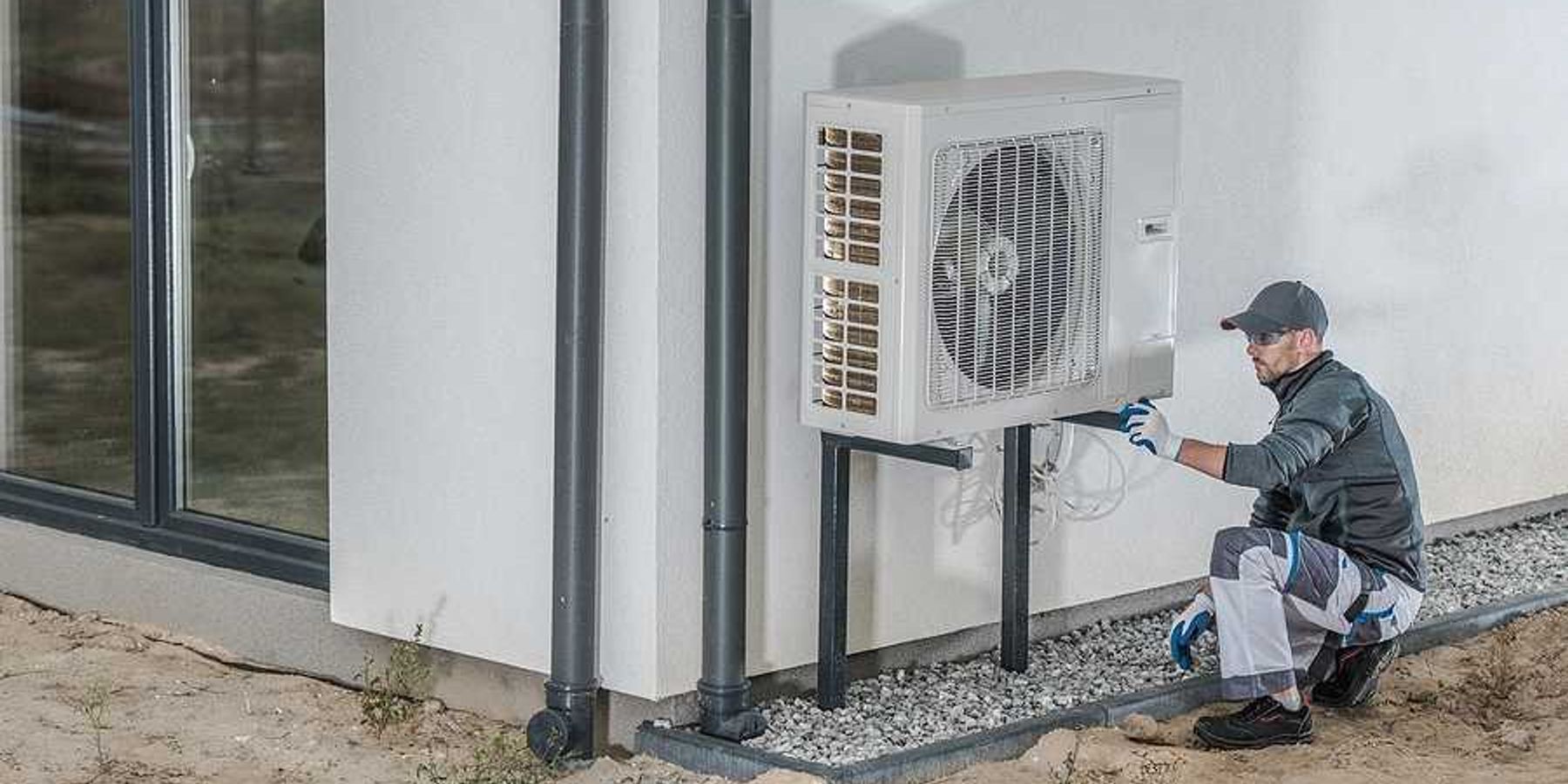resources;
Process raw materials in Africa to benefit its people and environment
Africa should boost its economy and environment by processing its own raw materials, says leading environmentalist Wanjira Mathai.
In short:
- Wanjira Mathai, from the World Resources Institute, advocates for processing Africa's resources locally to aid in the global shift toward a low-carbon future.
- Processing locally can enhance income and reduce carbon emissions from transporting raw materials.
- Mathai emphasizes that investing in local processing is crucial for building sustainable and resilient African economies.
Key quote:
“There’s a real opportunity in green industrialisation(...) We have to build resilience that is deep, that is anchored in wealth creation.”
— Wanjira Mathai, managing director for Africa and global partnerships at the World Resources Institute.
Why this matters:
Africa's abundant resources have historically fueled the global economy, yet little of the economic benefits from them has remained in the continent. Moving up in the value chain can foster economic independence and environmental sustainability for local communities.
As nations worldwide strive to combat climate change by transitioning to renewable energy, they find themselves grappling with how to avoid repeating the mistakes of 150 years of fossil fuel production.
Recycling critical metals from electronics could ease mining impacts
Recycling e-waste offers a vital alternative to mining for metals needed for green technologies, reducing environmental damage.
In short:
- The latest Global E-Waste Monitor highlights the vast quantities of metals like copper and aluminum in discarded electronics, with only a fraction currently recycled.
- Essential for low-carbon technologies, these metals could significantly offset the demand currently met through environmentally damaging mining.
- Improved recycling technologies and policies are crucial for increasing the recovery of rare and valuable metals from e-waste.
Key quote:
“There is very little reporting on the recovery of metals [from e-waste] globally. We felt that it was our duty to get more facts on the table.”
— Kees Baldé, lead report author
Why this matters:
Metals like copper and aluminum, when improperly disposed of, can leach into soil and water, potentially harming wildlife and impacting human health through the food and water supply. Recycling e-waste can mitigate these risks. By recovering metals like copper and aluminum from old electronics, we not only reduce the environmental harm but also decrease the need to extract raw materials, which often involves ecologically and socially harmful mining practices.
In 2021, electronic waste from outweighed the Great Wall of China.
Future cities to harness power and resources from wastewater
Innovative technologies are transforming wastewater into drinking water, compost, and energy, revolutionizing urban resource management.
In short:
- Companies like Epic Cleantec are developing systems to recycle gray water for non-potable uses and extract energy from wastewater.
- Advanced purification techniques are enabling cities like San Diego to convert wastewater into drinking water.
- Wastewater recycling is becoming essential for urban sustainability, especially in rapidly growing cities facing water stress due to climate change.
Key quote:
"We’re turning wastewater—which in my opinion, is a term that is in dire need of a rebrand—into clean water, into renewable energy, and into soil."
— Aaron Tartakovsky, cofounder and CEO of Epic Cleantec
Why this matters:
The shift toward recycling wastewater is a crucial step in addressing the increasing water demands of urban populations and the challenges posed by climate change. These innovative solutions not only conserve water but also create new resources, demonstrating a sustainable approach to city planning and environmental management.
Read: Expert ecologist William H. Schlesinger on what happens to all the modern, exotic compounds when we flush them into the environment.
Pandora now only sources recycled metals for its jewelry
This week, Pandora announced that it is now sourcing only 100-percent-recycled silver and gold for its collections. Is that as good as it sounds?
‘We can get to zero deaths’: Phoenix heat tsar sees livable future for US’s hottest city
David Hondula, the heat expert leading efforts to make the city more comfortable, says every heat death can be prevented with the right resources.
IEA celebrates energy transition minerals investment, as fears of shortage lessen
Supply of minerals critical to the energy transition could move close to levels needed to support climate pledges by 2030 after a surge in investment, the International Energy Agency said – provided all projects go as planned.

